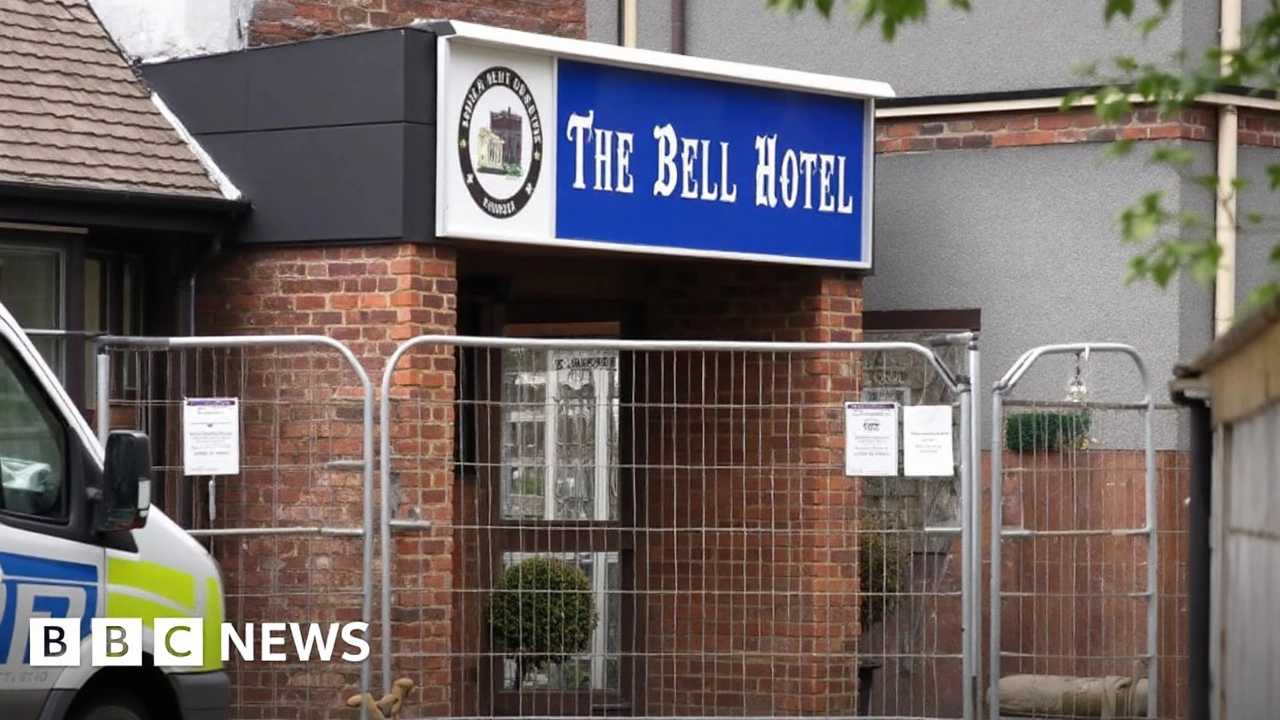Asylum Hotel Explained – Why It Matters Right Now
Ever walked past a hotel that suddenly looks like a temporary shelter? In the UK that’s often an "asylum hotel" – a place where the government puts people waiting for a decision on their immigration case. It sounds simple, but the reality is anything but. Let’s break down what asylum hotels are, why they’re in the news, and what the recent court decision in Epping could mean for anyone dealing with the system.
How Asylum Hotels Work
When someone arrives in the UK and applies for asylum, they need a roof while their claim is processed. Local councils sometimes use vacant hotels, hostels, or even disused student halls to provide basic accommodation. The arrangement is meant to be short‑term, but many ends up staying for months, sometimes over a year.
These sites are run by private companies under contracts with the Home Office. The government pays the landlord, and the asylum seeker gets a room, meals, and limited support services. Critics say the quality can be low, privacy is minimal, and the locations are often far from community resources or legal aid.
Recent Legal Battle – The Epping Asylum Hotel Case
In August 2025 a High Court judge ordered the Bell Hotel in Epping to stop housing asylum seekers by September. The ruling said the hotel breached planning laws because it was used as a residential shelter without proper permission. This decision sparked a wave of debate. Some locals cheered the move, worried about pressure on services and safety. Others warned that shutting down the hotel could leave people with nowhere to stay.
The case sets a legal precedent. If councils can’t use hotels without meeting planning rules, they’ll need to find alternative housing quickly. That could mean more use of dedicated asylum centers, or a push for purpose‑built shelters that meet health and safety standards.
For asylum seekers, the immediate impact is uncertainty. Those already living at the Bell Hotel will have to relocate, possibly to another temporary site that may be even farther from legal clinics. It also raises the question of how quickly the Home Office can re‑assign people without breaching their rights.
Community groups across the country are watching closely. Some are preparing petitions to stop similar hotels in their area; others are offering volunteer support to help those displaced by closures. The legal landscape is shifting fast, and staying informed is key.
If you or someone you know is in an asylum hotel, here are a few practical steps:
- Contact a local immigration advice charity – they often know the fastest way to get a new place.
- Keep all paperwork about your accommodation and any notices you receive.
- Ask your caseworker about alternative housing options and the timeline for any moves.
- Stay connected with community groups; they can provide transport, food, or just a friendly ear.
Overall, asylum hotels are a stop‑gap that’s increasingly under scrutiny. The Epping ruling could lead to stricter planning checks, more transparency, and hopefully better living conditions for people awaiting decisions. Keep an eye on local news and legal updates – the next headline might affect your own neighborhood.
Kieran Lockhart, Aug, 27 2025
Asylum hotel appeal: Home Office fights Epping injunction at Court of Appeal
The Home Office and the Bell Hotel’s owners will ask the Court of Appeal to overturn an injunction that ordered asylum seekers to be moved out of a hotel in Epping. The council says the hotel breached planning rules by changing use without permission. The case has sparked protests and may trigger similar legal actions elsewhere, putting pressure on an asylum system already housing 30,000 people in hotels.
View More




